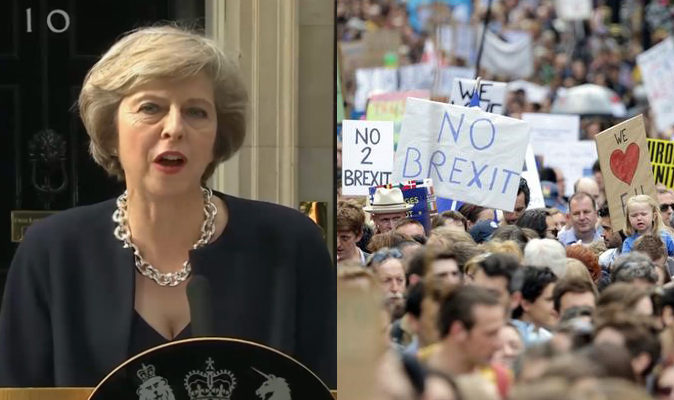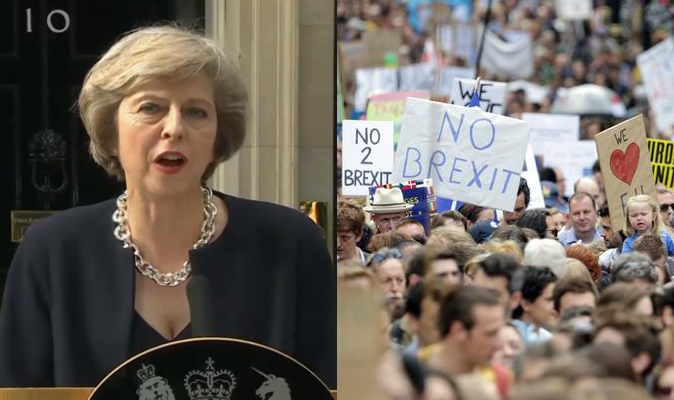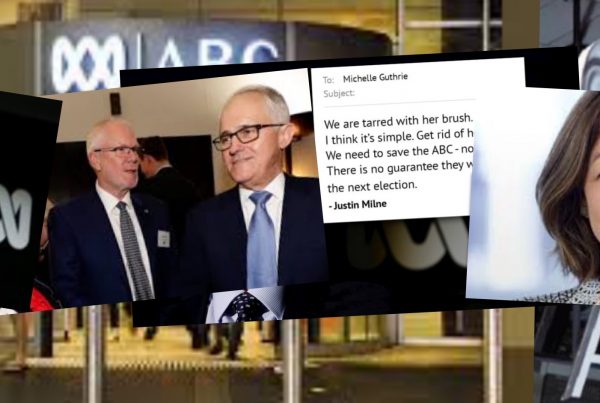We can learn a lot about public relations and how CEOs should manage their companies by watching politicians.

Public Relations rule: The vision thing
Shortly after Malcolm Turnbull became Australia’s PM we wrote that he should present his vision to Australia (Waiting on Turnbull). A good CEO knows that to be a leader you have to provide a direction for others to follow. Turnbull didn’t do that until he called the election, and that eight-month gap created a perception of a meandering government and contributed to Australia’s disappointment in his performance.
In stark contrast, Theresa May, the incoming British PM, presented her vision immediately. And it was a speech with a difference, powerfully and clearly aimed at unifying the divisions in the UK that had been shockingly exposed by the Brexit decision. She spoke directly to the issues concerning many of the people who live in the UK:
That means fighting against the burning injustice that, if you’re born poor, you will die on average 9 years earlier than others.
If you’re black, you’re treated more harshly by the criminal justice system than if you’re white.
If you’re a white, working-class boy, you’re less likely than anybody else in Britain to go to university.
If you’re at a state school, you’re less likely to reach the top professions than if you’re educated privately.
If you’re a woman, you will earn less than a man.
If you suffer from mental health problems, there’s not enough help to hand.
If you’re young, you’ll find it harder than ever before to own your own home.
But the mission to make Britain a country that works for everyone means more than fighting these injustices. If you’re from an ordinary working class family, life is much harder than many people in Westminster realise. You have a job but you don’t always have job security. You have your own home, but you worry about paying a mortgage. You can just about manage but you worry about the cost of living and getting your kids into a good school.
If you’re one of those families, if you’re just managing, I want to address you directly.
I know you’re working around the clock, I know you’re doing your best, and I know that sometimes life can be a struggle. The government I lead will be driven not by the interests of the privileged few, but by yours.
We will do everything we can to give you more control over your lives. When we take the big calls, we’ll think not of the powerful, but you. When we pass new laws, we’ll listen not to the mighty but to you.
Public Relations rule: Under-promise, over-deliver
The upside of this speech is that it gives those disenfranchised groups a glimmer of hope that change is on its way. The downside is that Theresa May has set a high bar for her government. For instance, there is now a clear expectation that ‘if you are black’ you’ll be treated less ‘harshly by the criminal justice system’. And from now on women will be expecting substantial moves towards pay-scales equal to their men counterparts. All that in a country where this has previously been unachievable.
The risk for May is that she’s over-promised and will under-deliver. A more cautious advisor might have argued that she commit to smaller steps – that a clean, consequent-free, exit from the EU might have been enough for starters.
To view this through a public relations looking-glass, in Change Management spruiking the vision is the easy part, delivering on the commitments is when the hard work starts.





